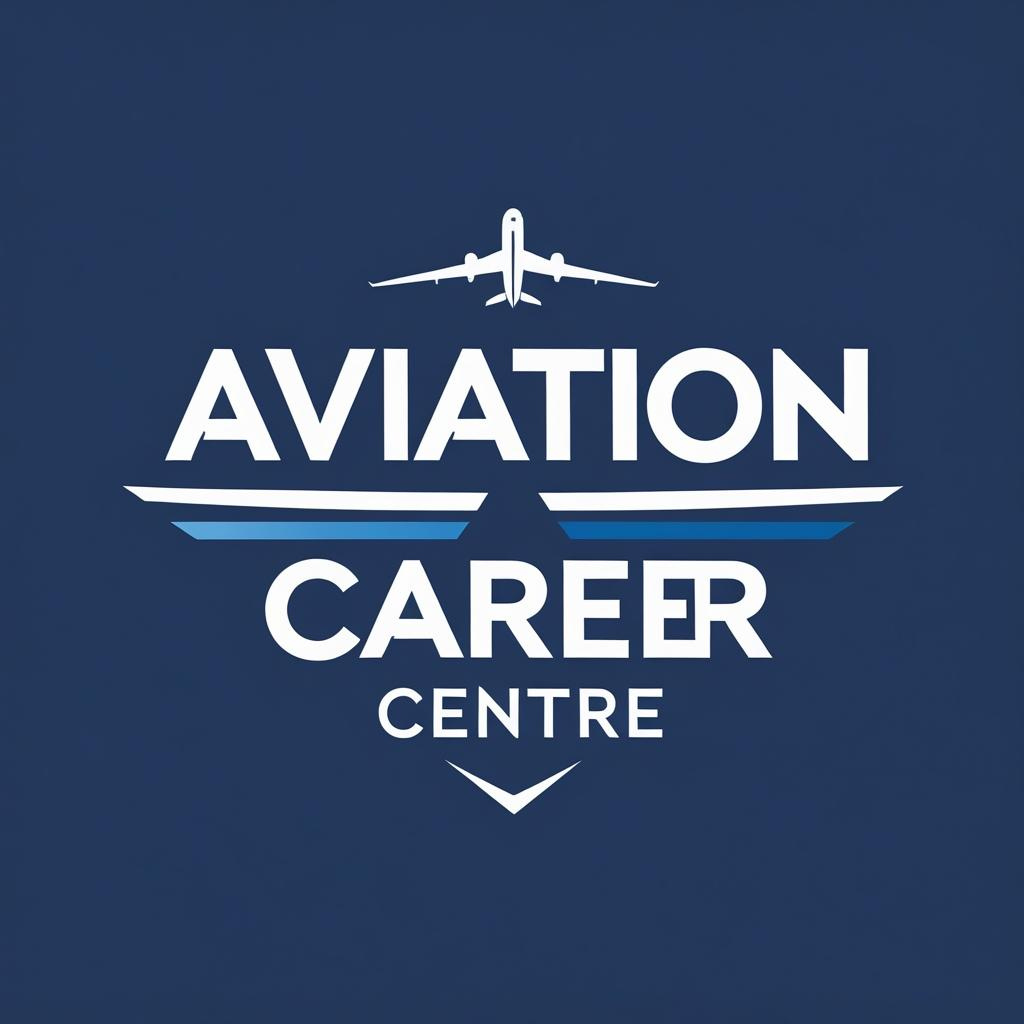Beyond the Classroom - Why Traditional Ground School Fails Even Strong English Speakers
Even students with excellent English proficiency often discover that traditional aviation ground school and theory classes represent an inefficient use of time and resources. Understanding the structural limitations of conventional aviation education helps explain why alternative approaches prove more effective for Hong Kong students.
Traditional ground school operates on an outdated model designed for a different era of aviation training. These programs typically involve lengthy classroom sessions covering broad theoretical concepts with limited practical application. Students spend weeks learning historical aircraft systems, memorizing regulatory details that change frequently, and studying theoretical scenarios that bear little resemblance to modern aviation operations.
The disconnect between classroom theory and actual aviation practice creates significant problems. Modern aircraft systems differ substantially from the generic examples used in most ground school curricula. Navigation procedures taught in classrooms often fail to reflect the GPS-based systems used in contemporary flying. Weather theory presentations rarely connect to the real-time decision-making processes pilots face during actual operations.
Time allocation in traditional programs proves particularly problematic. Ground school courses typically require 40-80 classroom hours covering material that experienced pilots learn more effectively through focused self-study and practical application. Students with strong English skills can absorb the same theoretical knowledge through well-designed online resources, interactive software, and targeted reading in a fraction of the time.
The social learning environment in ground schools often impedes progress for motivated students. Classes move at the pace of the slowest learners, preventing advanced students from progressing efficiently. Group discussions frequently focus on basic concepts that strong students have already mastered. The fixed schedule format conflicts with the varied learning speeds and professional commitments of adult learners.
More fundamentally, the aviation industry has evolved beyond the knowledge-transmission model that ground schools represent. Modern pilots require critical thinking skills, real-time problem-solving abilities, and adaptability to rapidly changing technology. These competencies develop through hands-on experience, mentorship, and practical application rather than passive classroom attendance.
The most successful Hong Kong aviation students typically combine strong English skills with self-directed learning approaches. They use high-quality online resources, aviation apps, and interactive training software to master theoretical concepts efficiently. This preparation enables them to maximize the value of expensive flight training time by focusing on practical skills development rather than basic knowledge acquisition.
The financial argument proves equally compelling. Ground school programs in Hong Kong typically cost HK$20,000 to HK$40,000 while providing limited value compared to self-study alternatives. Students can access the same information through aviation training software, online courses, and study guides for a fraction of the cost. The time saved can be invested in additional flight hours, which provide far greater value for career development.
Professional pilots consistently report that their most valuable learning occurred during actual flight operations, not in classroom settings. The aviation industry rewards practical competency, decision-making ability, and operational experience rather than theoretical knowledge memorization. Students who focus on building these practical skills through efficient self-study and maximum flight time position themselves more effectively for career success.
For Hong Kong students with strong English foundations, the optimal approach involves bypassing traditional ground school entirely. Instead, they should invest in high-quality self-study resources, focus on practical flight training, and develop the independent learning skills that characterize successful aviation professionals.
These articles are designed to help Hong Kong aviation students make informed decisions about their career preparation. For personalized guidance on aviation English development, contact Aviation English Asia Ltd.
